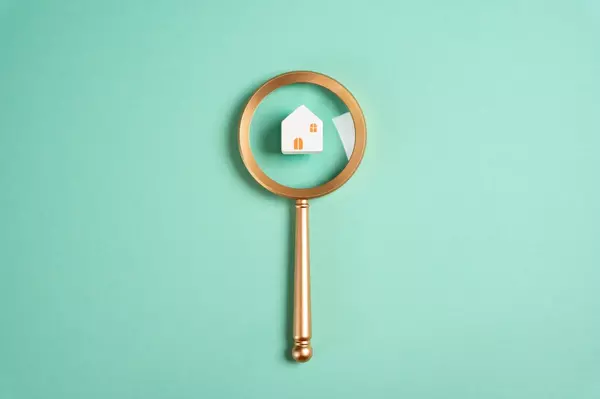Risks of Overpricing Your Home
1. Reduced Buyer Interest
Buyers today are well-informed and have access to extensive market data. If your home is priced significantly higher than comparable properties, buyers will often ignore it in favor of more reasonably priced options.
Risk: Fewer showings and fewer qualified offers.
2. Extended Time on the Market
Homes that are overpriced tend to sit on the market longer. The longer a home remains unsold, the more buyers perceive something is wrong with it.
Risk: The property becomes "stale," and buyers may avoid it, thinking it is overpriced for a reason or that there are hidden issues.
3. Appraisal Issues
If a buyer submits an offer and their lender requires an appraisal, an overpriced home may fail to appraise at the contract price. This can result in:
- The buyer being unable to secure financing
- Renegotiation of the price
- A deal falling apart entirely
Risk: Fewer successful closings and increased chances of price reductions later.
4. Helping Competing Homes Sell Faster
Overpricing can make similar homes in the area seem like better deals, driving more buyers to competing properties.
Risk: Your home sits while others in the same price range sell faster.
5. Potential for Lowball Offers
Buyers who see an overpriced home sitting on the market for a long time may submit lowball offers, assuming the seller is desperate.
Risk: You may end up negotiating from a weaker position than if the home had been priced correctly from the start.
6. Forced Price Reductions
When a home sits unsold, sellers often reduce the price to attract buyers. However, price reductions can signal desperation to buyers, leading to:
- Lower final sale price than if priced correctly upfront
- Continued market perception that something is wrong with the home
Risk: Selling for less than market value after multiple price drops.
7. Financing and Closing Delays
If a home is priced too high, fewer pre-approved, serious buyers will make offers. Many who are willing to submit offers may struggle to secure financing due to the inflated price.
Risk: Lengthy delays or deals falling through due to financing issues.
8. Lost Opportunity Cost
Every month a home sits on the market, sellers continue to pay mortgage payments, taxes, and maintenance costs.
Risk: Financial burden increases, and future housing plans may be delayed.
The Best Pricing Strategy
The most effective pricing strategy is to list the home at market value or slightly below to attract serious buyers and generate competitive offers.
Categories
Recent Posts











